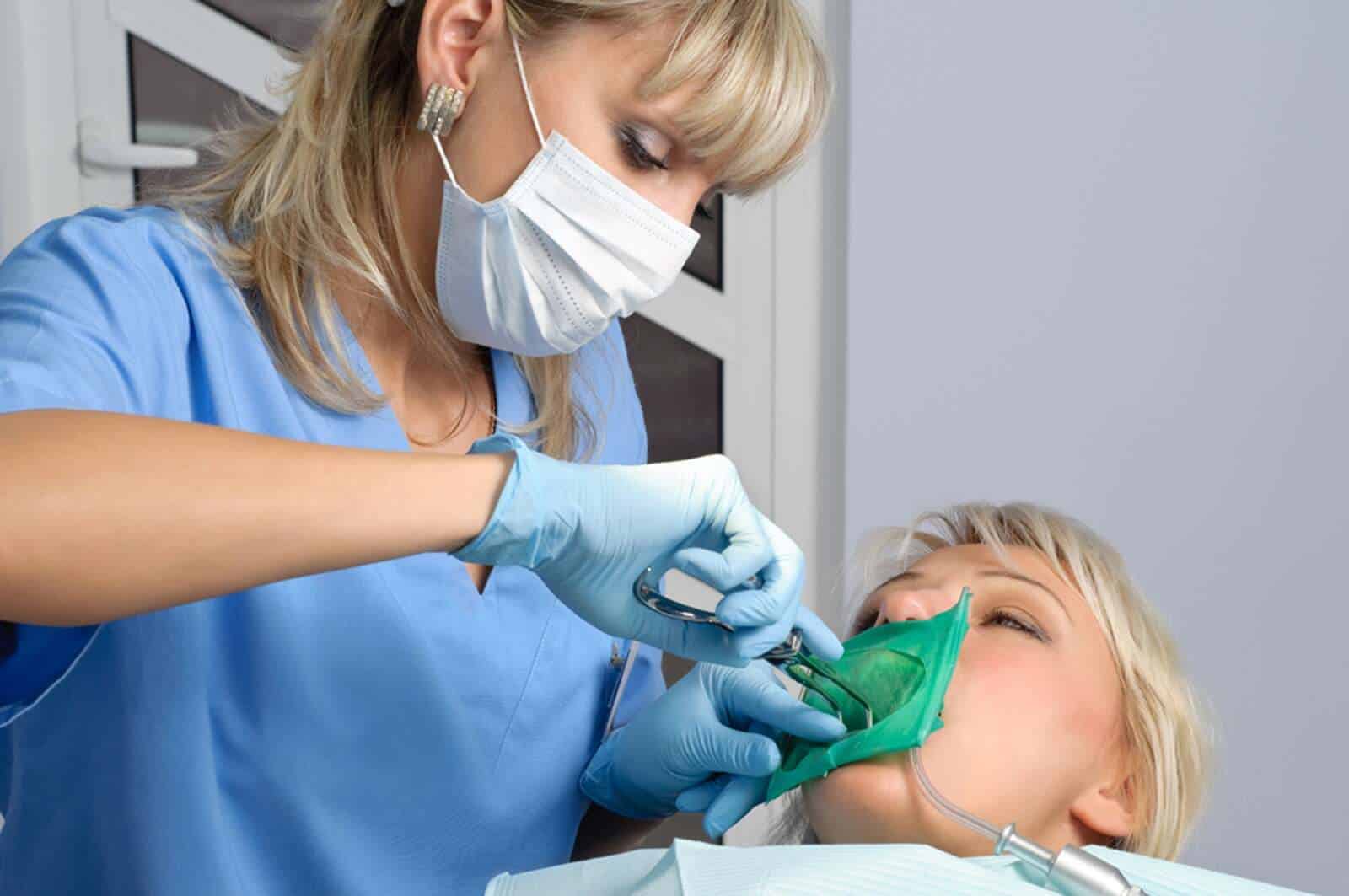In a perfect world, you’ll never need a tooth pulled. Your dentist in Naples will do everything possible to preserve your natural teeth, but not at the expense of your oral health. There are times — be it because of advanced tooth decay, infection, or injury, for example — when the best alternative is to extract your tooth.
Tooth extractions are a regular and routine procedure that can resolve serious tooth issues and even provide a clean slate for permanent options such as implants and dentures. Before you undergo any tooth removal in Naples, your dentist and their staff will provide you with all the information you need to prepare and recover fully. Because we understand that a tooth extraction in Naples can be stressful, and we share your desire that you make a full and uncomplicated recovery, this article will provide you with some tips to speed up your recovery.
Pain management
Tooth removal in Naples is a generally painless procedure because your tooth and mouth are numbed in advance. You may experience soreness and discomfort and mild pain after the freezing eases. If you find the discomfort distracting or unsettling — or if your extraction was more complicated because of the number of teeth involved, any wisdom teeth involvement, etc. — over-the-counter medications such as Advil or Motrin combined with cold compresses should be sufficient to resolve your discomfort.
Oral hygiene
Keeping your mouth clean is important to your oral health generally, but it’s especially important after undergoing any dental procedure. Your dentist will provide you with gauze to use to absorb any bleeding from the extraction site in the days after the extraction. Remove gauze soaked with blood and replace it with clean gauze as frequently as required.
Every time you eat in the days following your extraction, drink water to keep your hydration up and rinse gently but thoroughly with a warm salt-and-water solution.
Once the freezing and numbness of your procedure ease, continue to brush and floss as normal — but gently and while avoiding the site of your extraction until you’ve healed fully.
Avoiding dry socket
Your dentist in Naples will ensure that a clot is well-established at the site of your tooth extraction before you leave the clinic. Maintaining that clot is essential to protecting the underlying nerve and jaw. If that clot is dislodged, a condition called dry socket can cause significant pain, and the risk of infection increases. To avoid disturbing your blood clot and to avoid dry sockets, avoid the following activities while recovering after undergoing a tooth extraction near you:
● Spitting, smoking and sucking through a straw
● Prodding or poking into the extraction site with your tongue or anything else
● Rinsing vigorously
● Eating any chewing-intensive foods during the first day after your extraction. For a day, eat just soft foods
● Any strenuous physical activity.
What are the possible complications?
Almost all patients recover from a tooth extraction without any complications or need for follow-up procedures. Having said that, it’s important that you know the potential complications and how to respond so we can help address any issues before they become serious.
Post-extraction infection is rare but possible depending on how well you maintain your oral hygiene after your extraction. The more common side effect of extraction is dry socket, the condition that develops when the clot in the extraction site becomes dislodged. A dry socket can be very painful because that clot protects the underlying nerve and bone from exposure. Many of the instructions for caring for your mouth after tooth removal in Naples will be intended to preserve that blood clot.
There are five symptoms that you should watch for that may indicate complications:
● Swelling that increases rather than decreases over the days following your extraction
● Moderate to extreme pain rather than mild and gradually easing discomfort
● Redness and apparent inflammation around the site of your extraction and gums
● Persistent problems chewing or swallowing even after initial recovery from the procedure
● Any discharge, foul taste, or foul smell in your mouth.
If you experience any of these symptoms, contact a dentist near you for advice and support. They’ll share the same goal as you — your fullest and speediest recovery.

